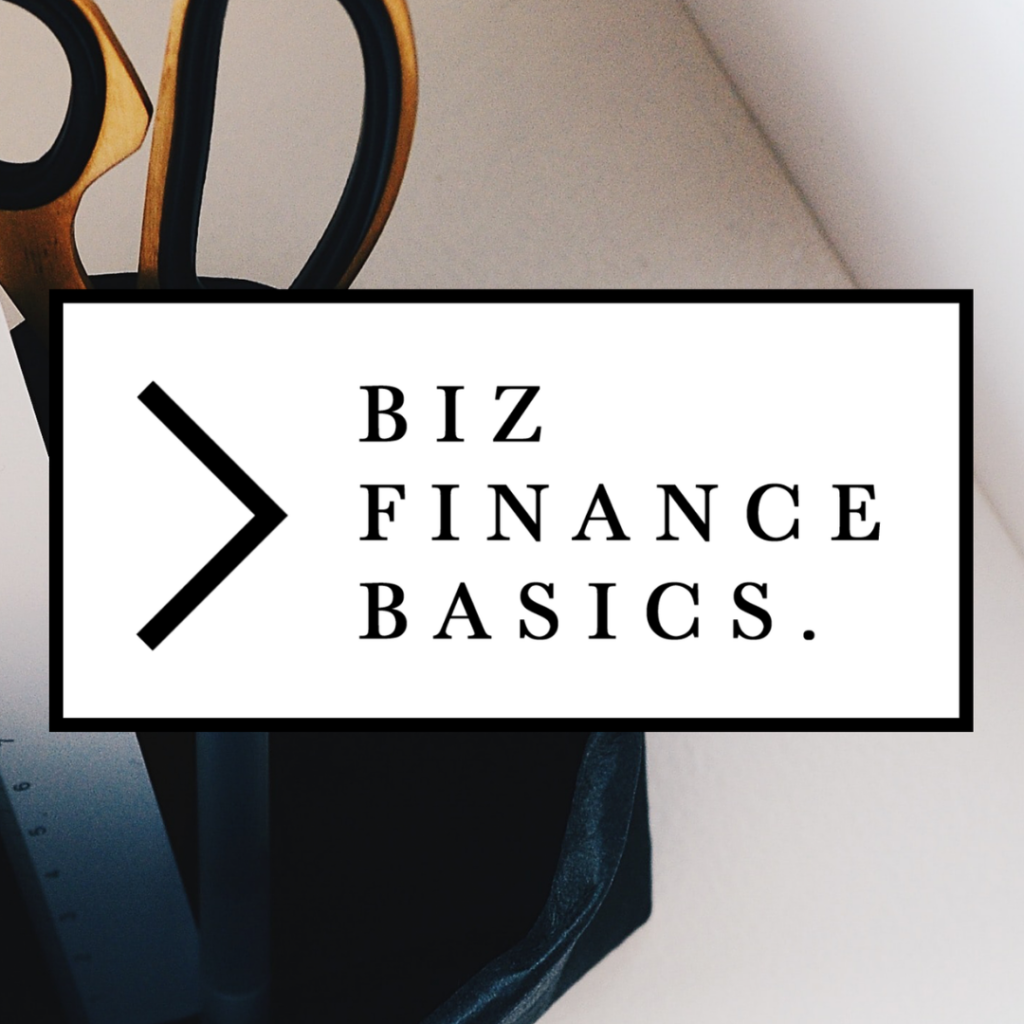One of the most undervalued business functions is the accounting process. There’s an expression that if you ever want to fully understand what is going on in a business, ask the accountant. That expression is true.
Accountants interpret the numbers and can tell you what is going on in the business. They see the inner workings of the business just through data interpretation. Knowing your business numbers is valuable.

What is often misunderstood is the difference between an accountant and a bookkeeper. Some believe that the bookkeeper is the same as an accountant, but this article will set the differences apart and explain why you need both in order to thrive in your business.
There are different types of accountants who specialize in different accounting functions. In this article, we will cover what a bookkeeper is, what an accountant does, the importance of a tax accountant and what a CFO does in a business.
What does a bookkeeper do?
A bookkeeper is responsible for maintaining the records in your business. It is your responsibility as a business owner that all the transactions in your business be recorded and each year a tax return is completed.
A bookkeeper is aware of the accounting rules to follow to ensure that when you need to file your tax return at the end of the year that all the transactions have been recorded correctly. It is important that you hire a skilled bookkeeper who understands their job, otherwise, the errors that the bookkeeper makes will get very costly.

What does an accountant do?
Your accountant is there to help you interpret the numbers and let you know how your business is performing.
There is a tax accountant who completes your tax return.
You could hire a virtual CFO or a regular accountant on payroll to advise you on how your business is doing and what direction you need to go in to grow your business.

What is a tax accountant?
A tax accountant is an accountant who specializes in the corporate tax process. Large companies usually have an in-house CFO and accounting staff, yet they will always outsource the preparation of the corporate tax return to the tax accountant.
I always recommend the use of a professional tax accountant as they are up to date and current on the tax laws and changes.
A good tax accountant will help you with tax strategies that will save you money year after year, so tax accountants are a must-have for your business. The return on that investment will be bountiful.
What is a CFO?
A Chief Financial Officer (CFO) is the head of the accounting department and second in command to the Chief Executive Officer (CEO). A CEO values the advice and guidance they receive from the CFO in terms of how the company should grow, where the financial risks are, what the company’s strengths and weaknesses are, and so much more valuable information.
If you can’t afford to hire a CFO on a full-time basis, you can hire a virtual CFO who works for you on a part-time basis. It works on a contract basis where the CFO works with your business for an agreed-upon time throughout the month and offers you timely feedback and information on the performance of the business.

Should I do my own bookkeeping for my business?
The answer is that depends.
How big is your business? Are you already so busy that you can’t take more on your plate? Do you feel confident in your bookkeeping abilities?
If you don’t understand bookkeeping well and you are very busy I would say you are better off hiring a knowledgeable bookkeeper. The key is to invest in a good bookkeeper who won’t make mistakes so that when your books are ready to go to the accountant your bill won’t add up because they’re busy fixing mistakes.
Accounting coaches
Accounting coaches can be helpful if you want to get lost in the weeds of your business and really understand the accounting process. But the real accounting starts with understanding and interpreting your financial reports. This, as the CEO of your business, is the skill that you should invest in.
A business finance coach can help you with understanding and interpreting the important data that your financial reports are giving you.
I’m a believer in Business Finance Coaches who are there to help you interpret your numbers, not teach you accounting. You don’t need to know and understand accounting at the bookkeeping stage but you do need to understand how to read a financial report, create a budget, monitor your results and manage your cash flow.

Accounting software for small businesses
There are so many different accounting software packages on the market now. For some time QuickBooks was the market leader in small business accounting software. And QuickBooks is a good accounting software product, but there are so many other competitors out there that will give QuickBooks a run for its money.
I like to recommend FreshBooks to clients as it is intuitive to use and has the ability to integrate with other business software programs as well. Please know that if you use this link and purchase FreshBooks accounting software, I may receive a small amount of money for that. It will not affect your purchase price but I will receive a small commission.
Whether you use QuickBooks, FreshBooks, or any other accounting software, my recommendation is that you choose software that will grow with your business.
Most accounting software programs are sold now in different levels or tiers of user experience, so you don’t end up paying for features that you don’t need.

Free accounting software to use
There is free accounting software that you can use but I would be careful to use products that aren’t a household name. You need to consider how safe your data is from security breaches.
The bottom line is starting a business without accounting and bookkeeping knowledge can be a challenge, but there are many professionals available to help you navigate your way through the complications and challenges.
If you are new to the business and want to understand the basic structure of business and accounting on a deeper level, register for the Biz Finance Basics course that is loaded with financial information and will offer you tips and ideas on hiring the right accountant and bookkeeper and setting up your business for financial success.
